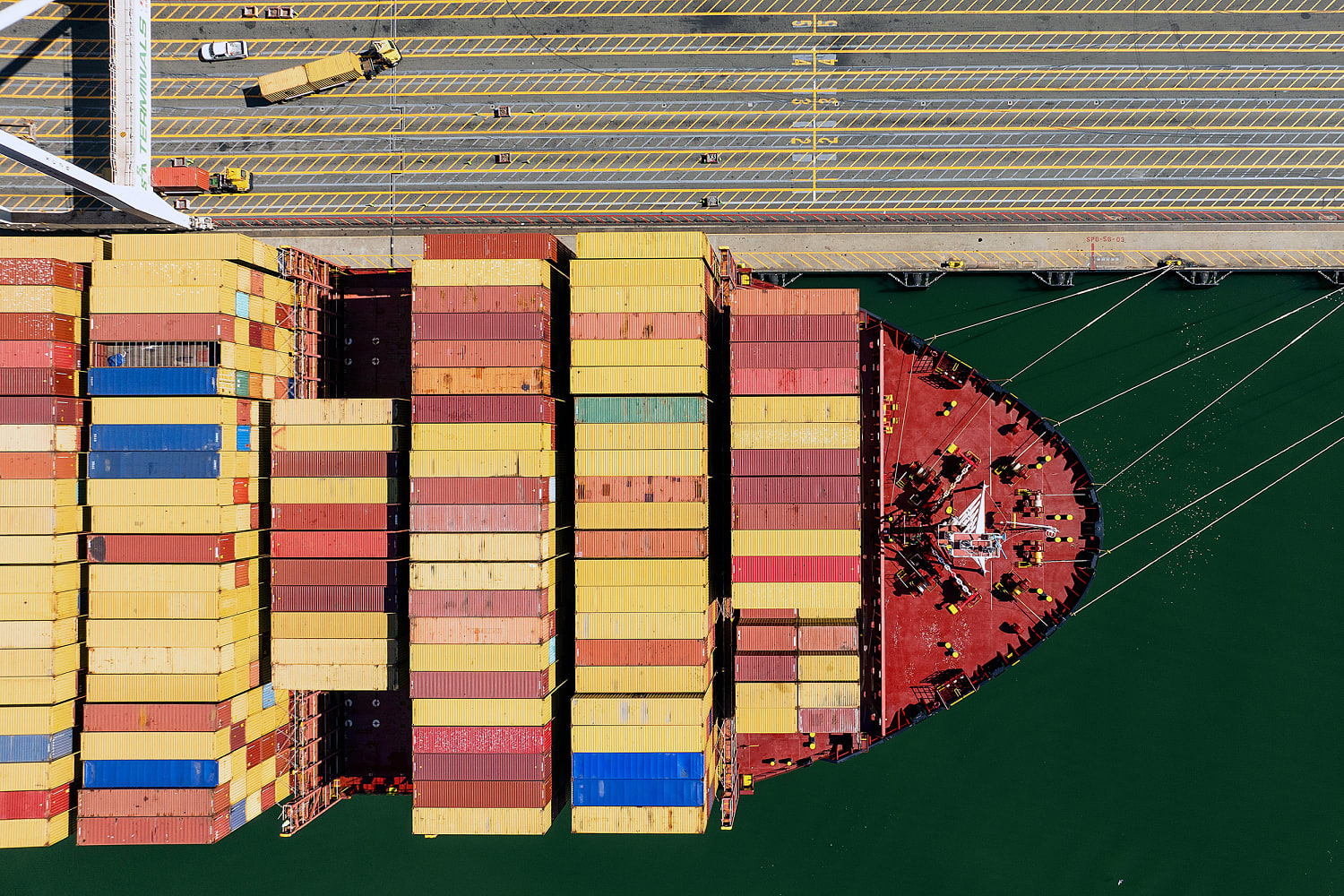Share this @internewscast.com

U.S. stocks declined on Tuesday as investors processed new economic data alongside Friday’s decision deeming the majority of President Donald Trump’s extensive country-specific tariffs as illegal.
By midday trading, the Nasdaq Composite had fallen over 1.5%, and the S&P 500 had decreased by more than 1.3%. The Dow Jones Industrial Average also saw a decline of over 500 points.
On Tuesday morning, several Wall Street analysts expressed concerns regarding the possibility that over $120 billion in tariff revenue collected this year might have to be refunded. As the case undergoes further legal examination, Trump’s tariffs will still be in force.
Yields on U.S. Treasury bonds, which were already heightened due to broader investor concerns over global debt levels and economic conditions particularly in Europe, surged to 4.97% for a 30-year U.S. government bond and 4.30% for the 10-year Treasury.
As Treasury yields increase, the cost for the government to borrow also rises. Should there be a need to reimburse consumers and companies for tariff revenue, the U.S. might have to issue additional Treasuries at these elevated yields to facilitate the refunds.
Treasury Secretary Scott Bessent stated on Monday that the administration anticipates the Supreme Court will uphold Trump’s tariffs but is also considering alternative methods to apply country-specific rates.
That scenario could also further stress the country’s financial situation and $37 trillion in debt.
September is already typically the worst month for stocks, which have recently hit record highs. The renewed tariff uncertainty also comes alongside fresh data showing that the U.S. manufacturing sector contracted for a sixth straight month.
In its survey, the Institute for Supply Management noted comments from a trucking industry respondent that said the industry “continues to contract” and is “much worse than the Great Recession of 2008-2009.”
A food and beverage industry company also told ISM that “everything…is about to get significantly more expensive” due to high tariffs such as the 50% applied to Brazilian goods.
“Tariffs continue to wreak havoc on planning/scheduling activities,” a computer industry company also said.
Major companies are also sounding the alarm about consumers.
Speaking on CNBC, McDonald’s CEO Chris Kempczinski said Tuesday the fast-food giant has observed “a two-tier economy” recently with lower and middle income consumers ” feeling under a lot of pressure right now.”










